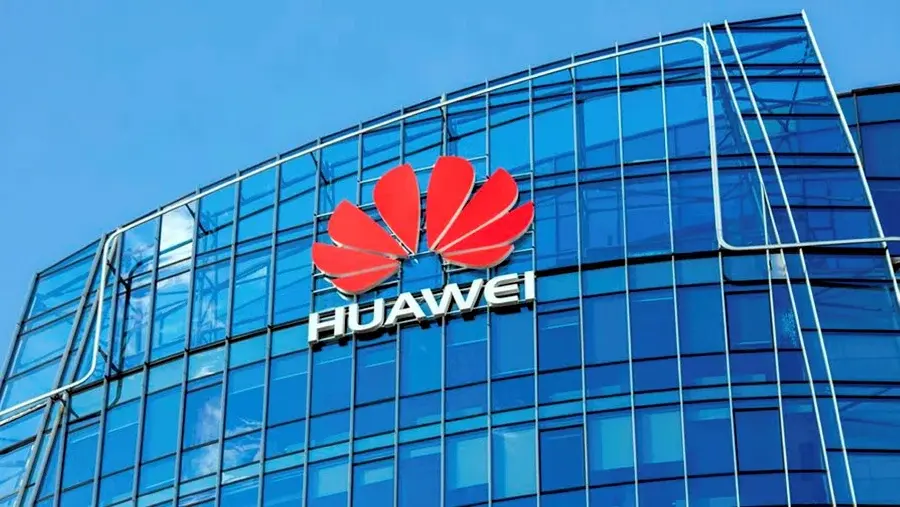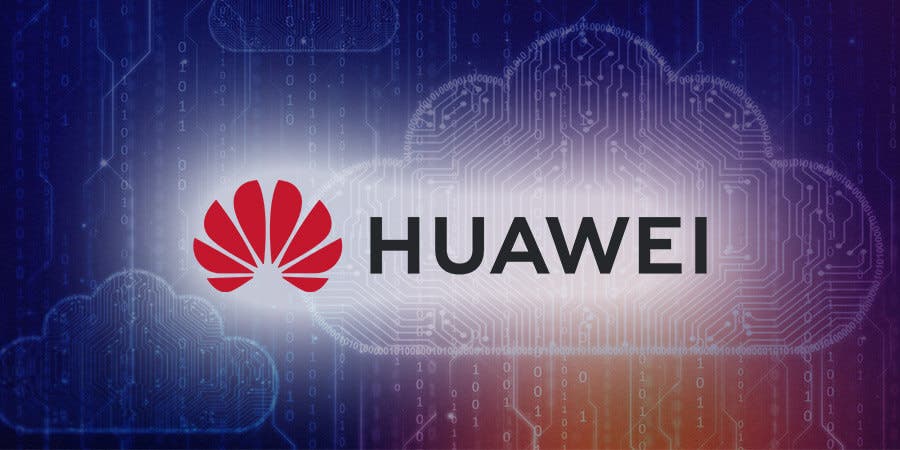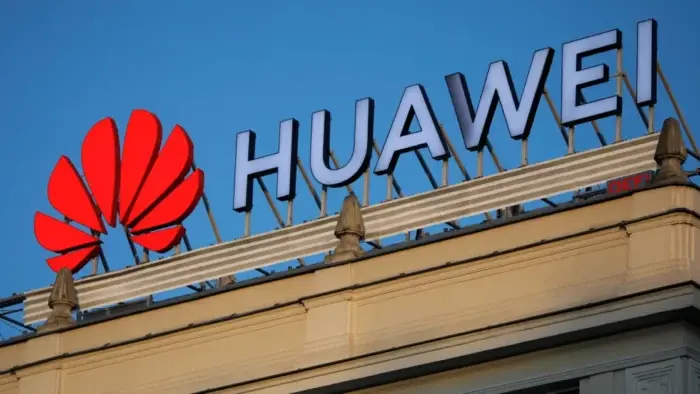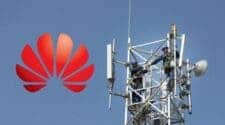The Chinese tech giant, Huawei has just launched a new cloud service hub in Saudi Arabia. The company calls this new hub “Huawei Cloud Riyadh Region data centre”. This new hub will serve three regions across the globe; namely Middle East, Central Asia and Africa.
The data center will offer a complete range of cloud services, like computer systems, databases, storage for data, and smart services. It will implement a setup with three availability zones (3AZ). It will keep data in line with local rules, and Huawei plans to offer 68 different cloud services for data, artificial intelligence, and cloud-native applications.
The company will use Pangu 3.0 in executing its services. This will make it easier for different industries such as finance, government and manufacturing to use artificial intelligence to address challenges that are related to AI adoption.
This data center is designed to assist Chinese businesses in entering the Saudi region and strengthen their relationships with local partners. This effort is part of a plan called the “Saudi Arabia Go Cloud Go Global” initiative.
How will Huawei Cloud Service Benefit Saudi Arabia? 
This initiative will benefit both Huawei and Saudi Arabia in many ways. For example, Huawei has committed to training 200,000 developers in Saudi Arabia over the next five years. They will also collaborate on solutions with 1,000 local partners and support the growth of 2,000 startups.
Jacqueline Shi, the president of Huawei Cloud Global Marketing and sales explained further. His statement reads:
“Huawei Cloud aims high, aims global and aims here in Saudi Arabia. Saudi Arabia Region will be our focus in serving the Middle East, Central Asia and Africa. Providing innovative, reliable, secure, and sustainable cloud services. We hope to create a better choice for advancing intelligence. This cloud gives you more choices to stay innovative, inclusive, and open. This cloud will help you succeed in the digital and intelligent era. This cloud is for everyone.”
Gizchina News of the week
With regards to this, the CEO of Huawei Saudi Arabia, Eric Yang, also added his voice saying:
“We are proudly launching Huawei Cloud Riyadh Region today. It has been a great journey for us in Saudi Arabia for the last 20+ years. Huawei is constructor for intelligent society, contributor for thriving economy and cultivator for prosperous talent ecosystem. Towards 2030, we will be dedicated to continuously providing ubiquitous connectivity, green energy, pervasive cloud computing and AI capabilities for Saudi Arabia to unlock unlimited opportunities of the new digital era.”
Because of the effective ban on Huawei products in many Western countries led by the US, it makes sense for Huawei to expand its presence in other regions like the Middle East to counter the impact on its trade.
Huawei to Return to Normal Business After Years of Struggles 
Even with the ongoing sanctions, Huawei’s rotating chairman expressed optimism at the start of the year. He stated that they expect 2023 to be a year of returning to normal business operations. In addition, last month, they reported a slight increase in sales for the first half of 2023.
Huawei’s smartphone business was severely impacted by the lack of access to advanced chips. However, recently, there have been encouraging signs of the company’s smartphone business. Evidently, the recent release of the Huawei Mate 60 Series breaths a new life into Huawei’s smartphone business. It is said that the smartphone features an advanced chip which is solely manufactured in China.
Also, the smartphone features 5G which Huawei has lacked for a couple of years now. The sanctions from the United States government blocked the Chinese tech giant from having access to advanced 5G chips. Even though Huawei has not made any official statement, the release of the Huawei Mate 60 series has cleared all doubts over Huawei’s ability to reintroduce the Kirin chips.





